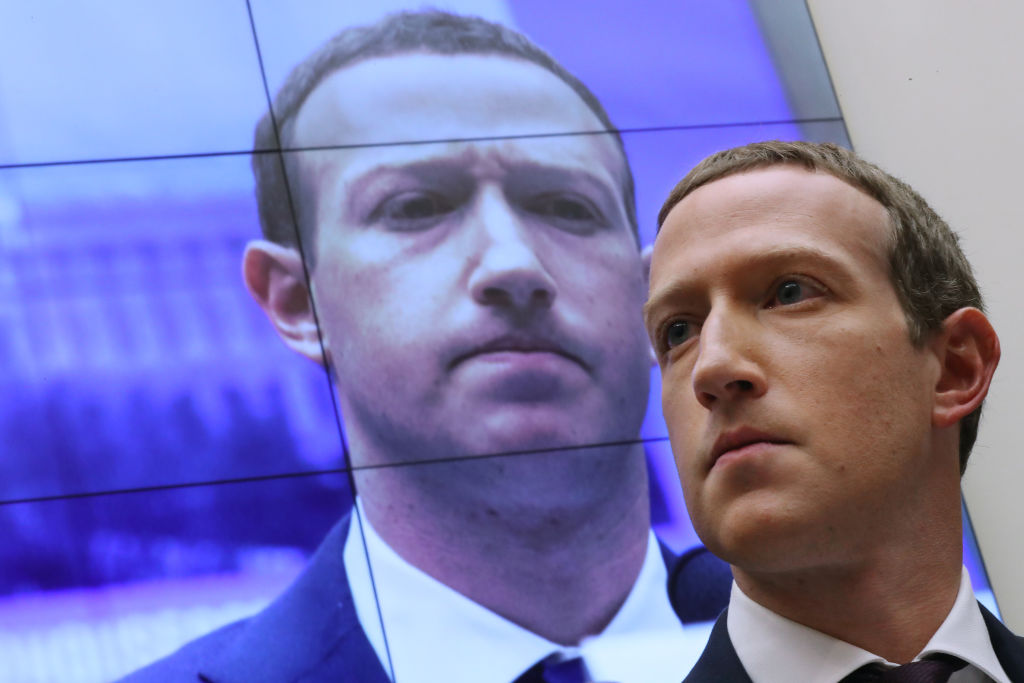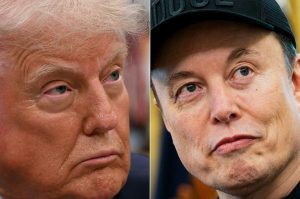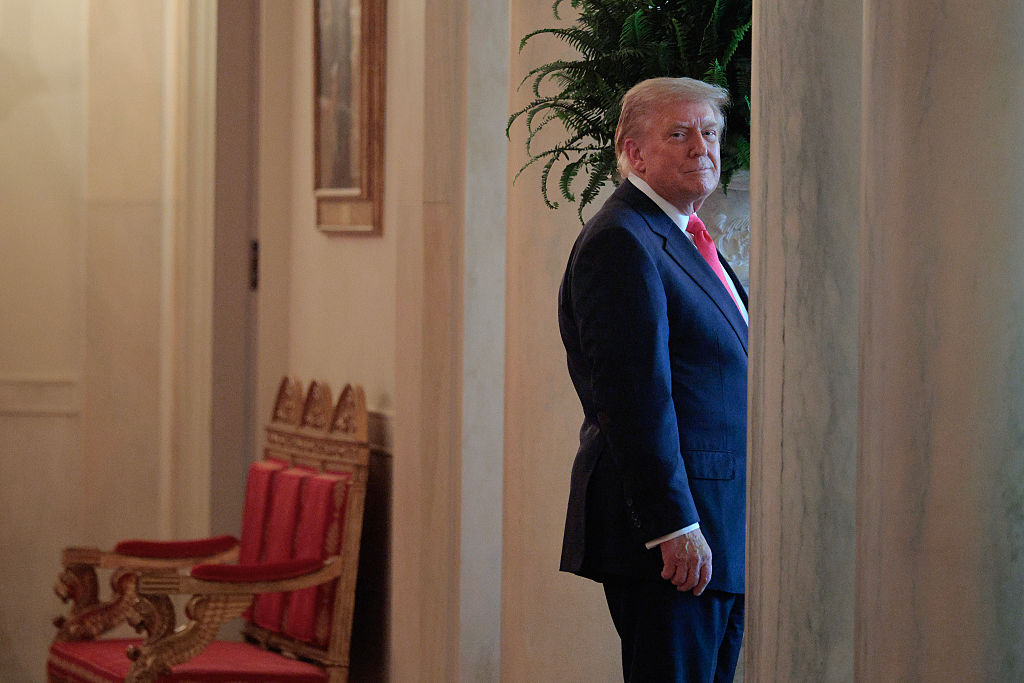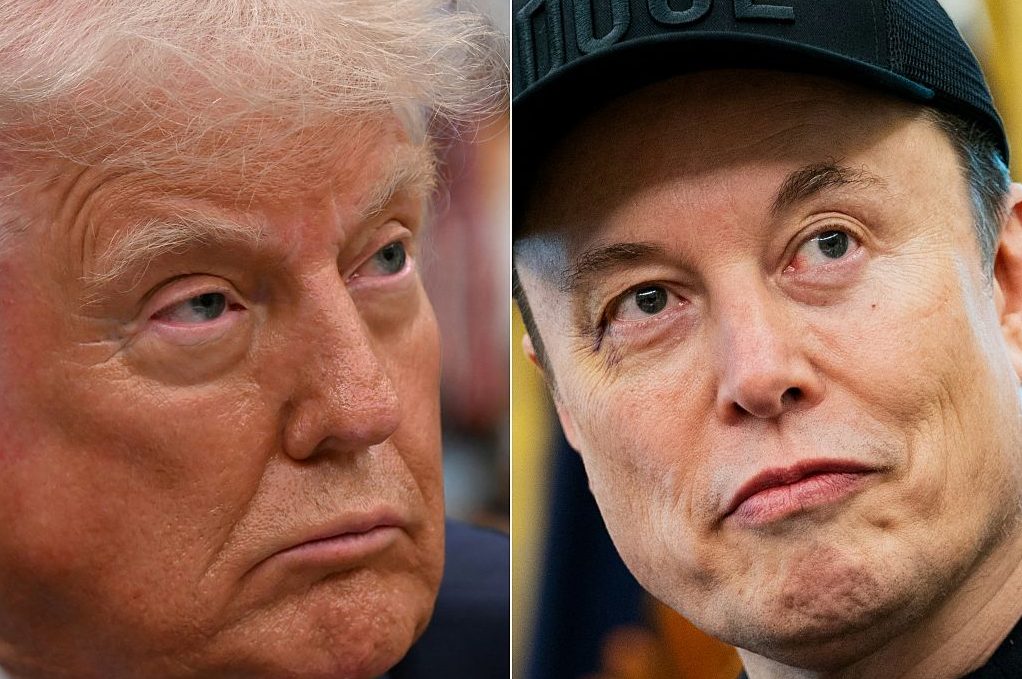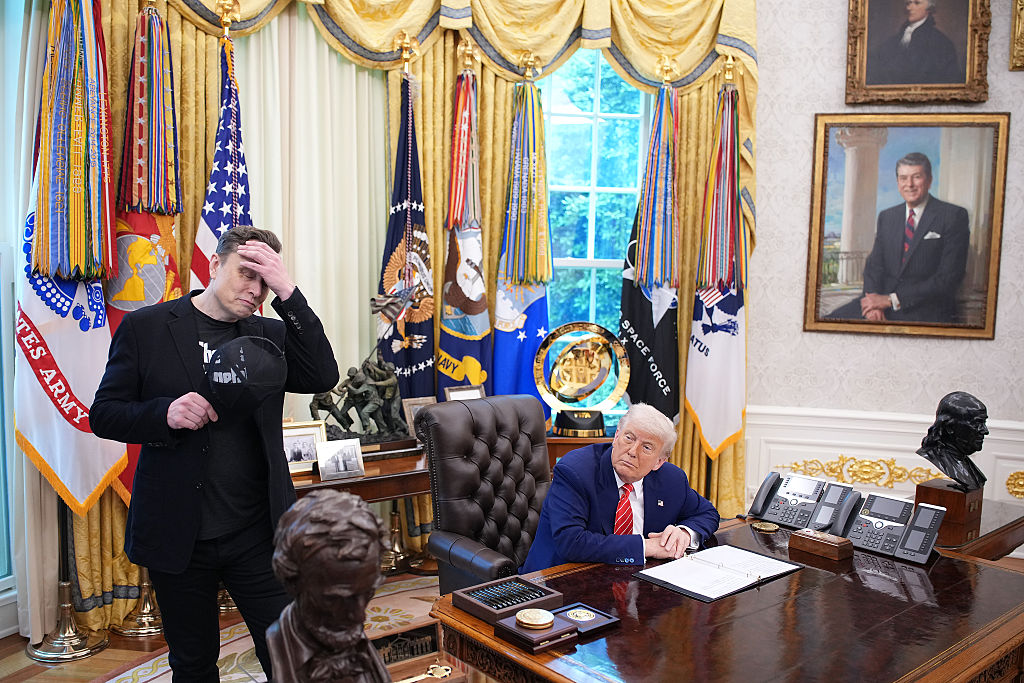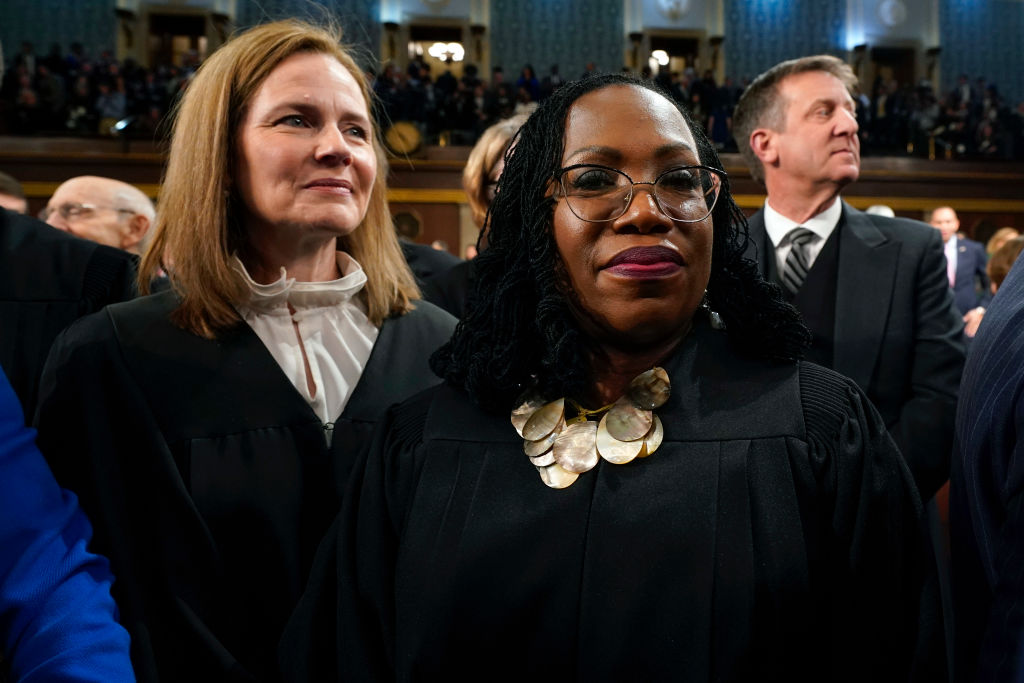An easy, crowd-pleasing opinion column would maintain that banning political adverts from social media platforms is wrong because it implies that voters are anything less than impeccably rational in their decision. We like to think our votes are based on our pure objective reason. Simultaneously, we like to think the votes of people that we disagree with are based on the outrageous propaganda of our opponents and the sheeplike and emotional qualities of their supporters.
Balderdash. None of us have a Spock-like devotion to logic or an assiduous grasp of evidence when we vote. We are all prey to biases that bubble out of our stew of grievances, tribal loyalties and tribal hatreds, sensitivity to rhetoric and keen desire for social status. Of course political adverts have some effect on this or no one would pay for them, and of course we do not approach them rationally or they would present detailed arguments in a bone-dry format instead of relying on actors, soundtracks and emotive adjectives.
Still, the laser-like focus on political advertising that some liberals have adopted is symptomatic of their skin-thin political substance. Democrats have struggled to grasp how anybody could have voted for Trump when they were offered a politician with the natural charm and unblemished record of Hillary Clinton. What could have explained it? Surely not a squeezed middle class, a drug death epidemic, violent crime, soaring immigration, foreign policy failures, an administration hostile to social conservatives and a cultural elite driving them out of the public sphere? No, it couldn’t be. It must be something else. The voters have been misled. Perhaps it was the Russians? Yes, the Russians! Quick, impeach the bastard so we can bring back good old American procedural liberalism.
From the firework display of damp squibs that was ‘Russiagate’ to their embarrassing interrogation of the half-man, half-android Mark Zuckerberg, Democrats have sought any and all means of unseating Trump without having to address the societal circumstances of the United States. I am not a fan of Masha Gessen but I think that she was right, and speaking against personal interest, when she said Trump’s critics ‘have been helping Trump…by distracting from real, documentable, and documented issues.’
Opponents of Brexit can make a more plausible case that technological and rhetorical gamesmanship cost them the election. The difference between them and their foes, after all, was two percent. Still, Remainers have squandered a great deal of time, energy and respectability in their futile quest for a convenient, non-ideological means of overturning the referendum. There was, for example, the long attempt to convict pro-Brexit activist Darren Grimes for financial irregularities. Grimes won his attempt to overturn a six-figure fine for election spending offenses, which didn’t stop the Guardian’s Orwell Prize-winning in-house conspiracy theorist Carol Cadwalladr from announcing that he had been found guilty.
What if, looking back, the biggest problem for Remain was not Nigel Farage’s Mr Toad-esque multi-millionaire backer Arron Banks, of accused of ad-related dirty tricks, but their own preposterous inability to advocate for their cause. Perhaps the Remain campaign should not have been spearheaded by a failed parliamentary candidate who was best known for creating one of the most tedious political blogs in the world? (Younger readers might not appreciate the magnitude of this but it is like saying someone is Canada’s worst comedian.) Perhaps pro-EU Conservatives should not have talked about the economy with the monomaniacal stubbornness of a model train collector. Perhaps Jeremy Corbyn should have done…something.
By all means, Twitter, and perhaps Facebook, can choose not to host political adverts. What kind of lunatic would lament their absence? ‘I like this website,’ no sane person could possibly say, ‘but I think it would be better with an ageing egotist droning on about economic growth over a montage of wheat fields.’
But the novelty of social media can distract politicians from the problems that precede it. This is true in more than one sense. Political advertising grew stronger on the television in 2018 as well as on digital media, and while Aaron Sorkin falsely claims in today’s New York Times that 50 percent of Americans use Facebook as their main source of news it is in fact the case that only 20 percent of Americans rely on social media over television, radio, websites and print sources.
There is a further layer of perspective to be added. Political advertising has some effect, but it has that effect because it stokes the fears and desires that people already had. No mild-mannered progressive watched a Donald Trump video and sprouted a MAGA hat. No one is going to prostrate themselves in front of the awe-inspiring figures of Joe Biden and Elizabeth Warren because the Twitter feed was a minorly calmer and less cluttered place.
Ban political advertising, fine, but there is no substitute for politics. Forgetting that is like a sweaty, slightly smelly man assuming that a Tinder upgrade will solve his dating woes. Work on yourself, man.



